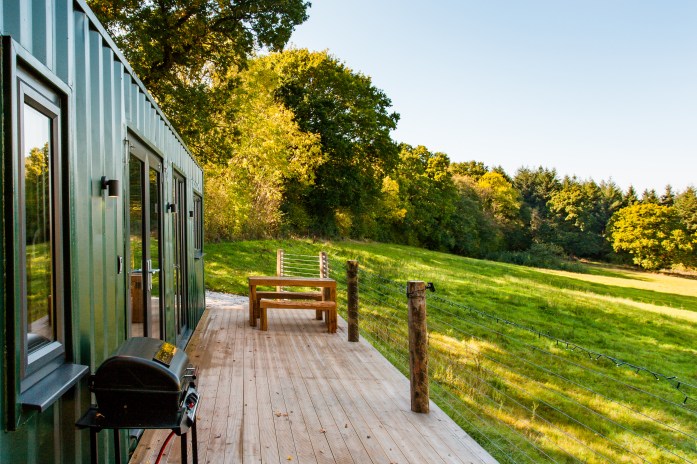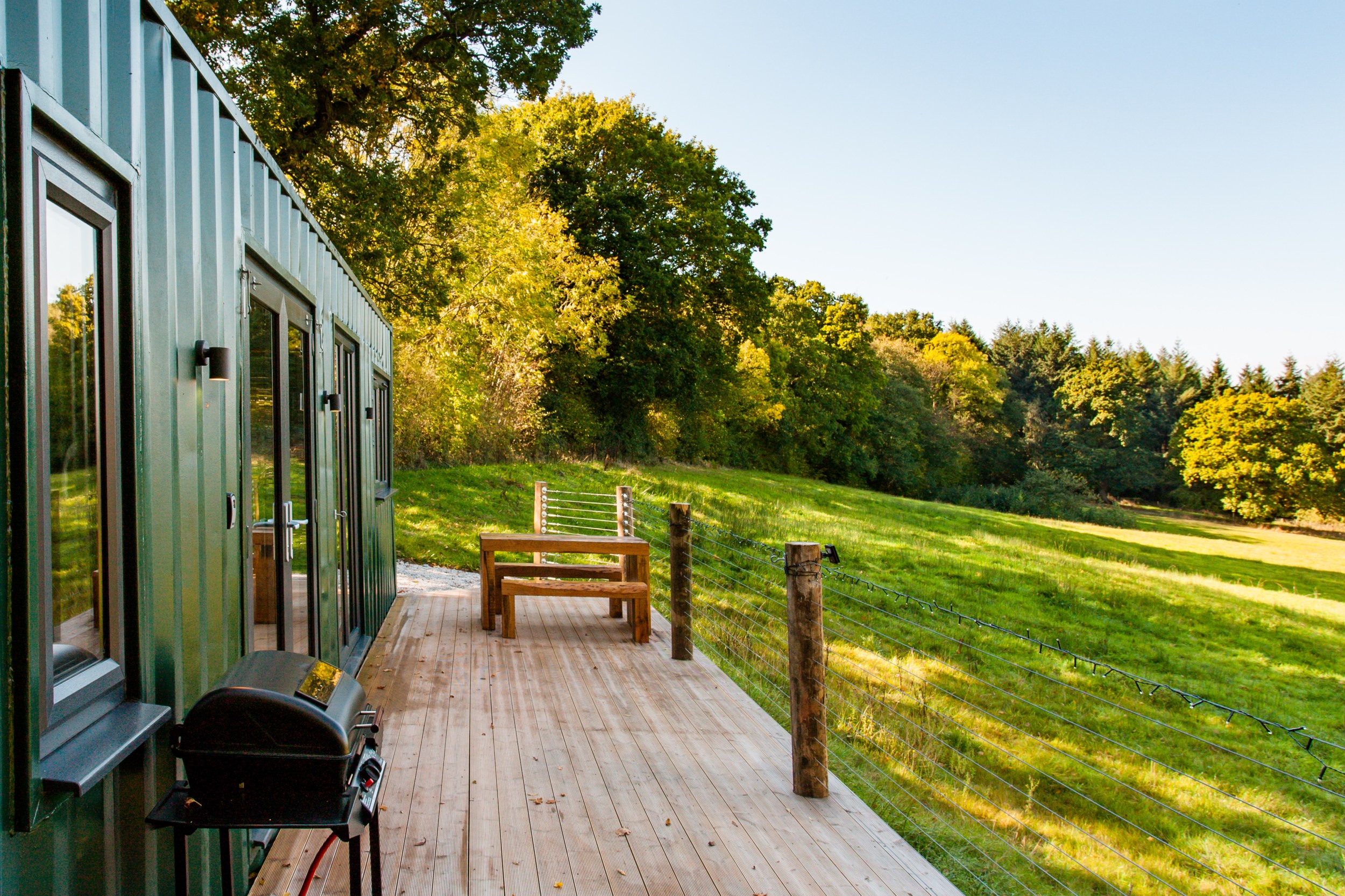Airbnb in Kentucky: A $580M economic engine for local communities
Key Takeaways
- In 2023, Airbnb hosts welcomed more than one million guests to Kentucky.
- 8,600 tourism jobs supported by Airbnb hosts welcoming guests, which in turn generated approximately $354 million in income for local workers in 2023.
- By enabling guests to stay closer to the Kentucky Bourbon Trail they came to experience, Airbnb helps fill the accommodation gap, ensuring that visitors also spend time in—and money at—family-owned restaurants, local shops, and nearby attractions.


Key Takeaways
- In 2023, Airbnb hosts welcomed more than one million guests to Kentucky.
- 8,600 tourism jobs supported by Airbnb hosts welcoming guests, which in turn generated approximately $354 million in income for local workers in 2023.
- By enabling guests to stay closer to the Kentucky Bourbon Trail they came to experience, Airbnb helps fill the accommodation gap, ensuring that visitors also spend time in—and money at—family-owned restaurants, local shops, and nearby attractions.
Supporting Kentucky’s financial resilience
Airbnb hosts are a critical part of Kentucky’s growing tourism industry and help generate valuable revenue for the local economy. In 2023, Airbnb hosts welcomed more than one million guests to Kentucky1, who contributed an estimated $588 million annually to the Commonwealth’s GDP2, including:
- 8,600 tourism jobs supported by Airbnb hosts welcoming guests3, which in turn generated approximately $354 million in income for local workers in 20234
- $161M generated by Airbnb hosts in total total tourism tax in Kentucky in 20235
- $16.5 million in local occupancy taxes collected and remitted by Airbnb on behalf of hosts in Kentucky in 20236
The Airbnb host community in Kentucky
In Kentucky, Airbnb is an important economic tool for residents who share their homes to earn extra money, the vast majority of hosts share just one home7. By welcoming guests who spend money at small businesses, local restaurants and natural attractions, hosts across Kentucky help support their local economies.
- 76% approximate percentage of hosts with only one entire home listing8
- 61% approximate percentage of women hosts9
- 1 in 5 hosts over the age of 6010
- 15% approximate percentage of hosts who work in healthcare and education11
A source of supplemental income
The majority of hosts in Kentucky share their home occasionally—approximately 58 nights per year—to supplement their income12. For many people in Kentucky, the income they earn by sharing their home on Airbnb has allowed them to keep up with the rising costs of living and stay in their home.
- 58 approximate nights a typical listing was hosted in 202313
- 40% of hosts confirm Airbnb has helped them cover rising costs of living14
- 33% of hosts confirm Airbnb has helped them stay in their home15
- 83% of hosts confirm they use Airbnb as a second form of income16
Distilling bourbon tourism across the Bluegrass State
From Bardstown to Clermont and beyond, the Kentucky Bourbon Trail offers a uniquely Bluegrass experience—history, scenic small towns, and world-renowned distilleries. Many of these iconic distilleries are located in areas with few or no hotels, making short-term rentals vital to supporting local tourism and driving economic vitality for rural communities. By enabling guests to stay closer to the distilleries they came to experience, Airbnb helps fill the accommodation gap, ensuring that visitors also spend time in—and money at—family-owned restaurants, local shops, and nearby attractions.
In 2022 alone, hosts in communities with few or no hotels welcomed thousands of guests, highlighting the important role short-term rentals play in dispersing travel across the state17 and fueling Kentucky’s bourbon industry:18
- Frankfort (Buffalo Trace)
- Nearly 80% of census tracts in Frankfort have Airbnb listings but no hotels
- Hosts in these neighborhoods welcomed over 6,000 guests, earning more than $900,000
- Versailles (Woodford Reserve)
- More than 70% of census tracts in Versailles are home to Airbnb listings but no hotels
- Hosts in these neighborhoods welcomed over 3,000 guests, earning nearly $700,000
- Bardstown (BEAM and Heaven Hill)
- More than 70% of census tracts in Bardstown have Airbnb listings but no hotels
- Hosts in these neighborhoods welcomed over 2,500 guests, earning more than $400,000
- Lawrenceburg (Wild Turkey)
- 100% of census tracts in Lawrenceburg are home to Airbnb listings but no hotels
- Hosts welcomed nearly 3,000 guests, earning more than $400,000
- Shelbyville (Diageo)
- More than 40% of census tracts in Shelbyville have Airbnb listings but no hotels
- Hosts in these neighborhoods welcomed over 4,500 guests, earning more than $250,000